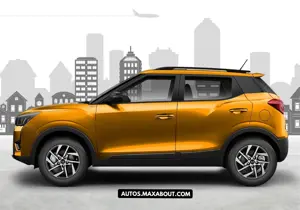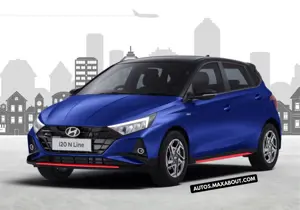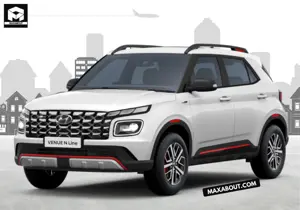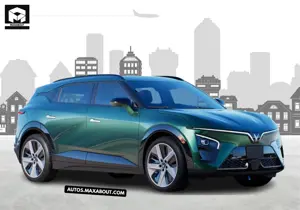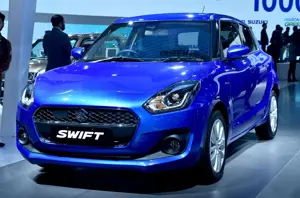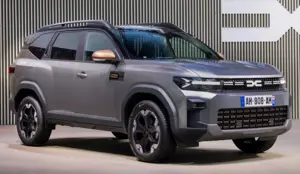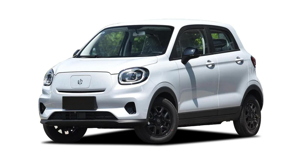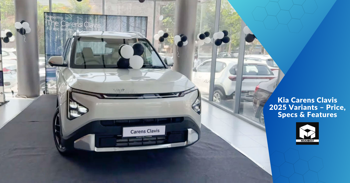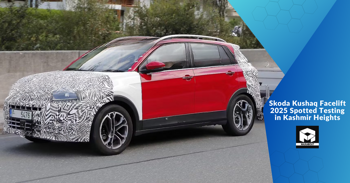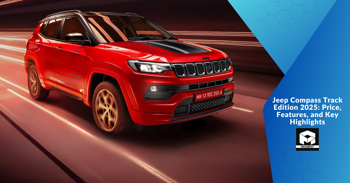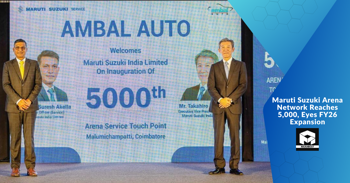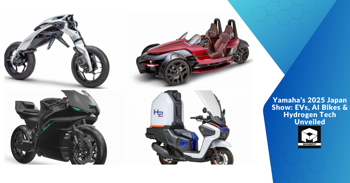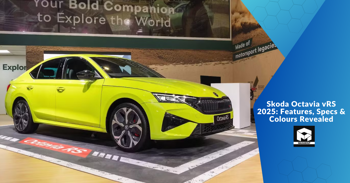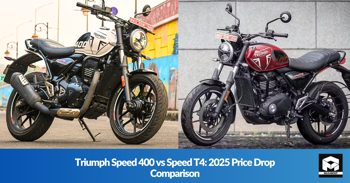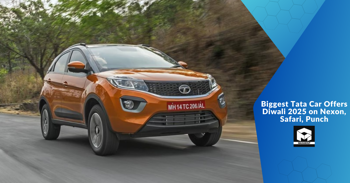Are traditional auto rickshaw drivers losing out to the Tata Magic IRIS which is unfairly taking their business?
The arrival of the Tata Magic IRIS into the urban transportation ecosystem has generated wide debate on the livelihood impacts on traditional auto rickshaw drivers. The Magic IRIS has higher passenger capacity and fuel efficiency, which could be achieved; however, it directly competes with auto-rickshaws in many applications. At issue is whether it's fair to allow a new category of vehicle to enter an already crowded market. Supporters say it offers consumers more choices and fosters a healthy competition; detractors think it is taking away the income of auto drivers who have been in the business for generations. The broader issues of modernization of the transportation sector, and how to balance development with protecting traditional livelihoods, are also implicated in the situation.
Not really. Both can demand enough. Magic IRIS is more of a shared rides on fixed routes niche.
Most Popular Cars
Based on Cars Popular on Maxabout
Mahindra XUV300 W4 TurboSport
₹ 9,30,500
1096 Views
Hyundai i20 N Line N6 DCT Dual Tone
₹ 11,33,800
787 Views
Hyundai Venue N Line N8 DCT
₹ 13,81,800
848 Views Recently Added Cars
New Cars Added On Maxabout
VinFast VF7 Sky Infinity
₹ 25,49,000
458 Views
VinFast VF7 Sky
₹ 24,99,000
435 Views
VinFast VF7 Wind Infinity
₹ 23,99,000
458 Views Upcoming Cars
Exciting Upcoming Cars
Maruti Swift Hybrid
₹ 10,00,000
1586 Views
Renault Boreal Bigster SUV
₹ 13,00,000
1655 Views
Leapmotor T03
₹ 8,00,000
1174 Views Discussions and Questions Are Traditional Auto Rickshaw Drivers Losing Out To The Tata Magic Iris Which Is Unfairly Taking Their Business
Ask a Question
Latest News
Recently Added News
Jeep Compass Track Edition 2025: Price, Features, and Key Highlights
Friday, 10 October 2025 4:33 AM
